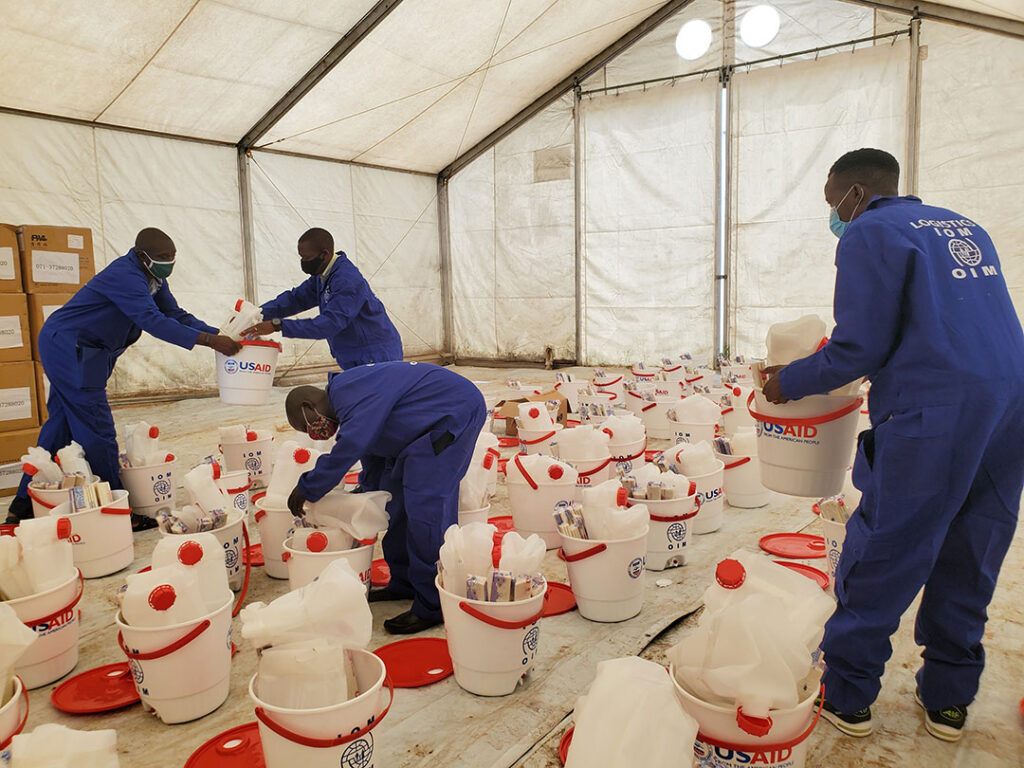ADF STAFF
As COVID-19 cases continue to rise in South Sudan, the U.S. Agency for International Development (USAID) has donated $4.5 million to help the young country fight the spread of the potentially fatal respiratory disease.
The funds come via USAID’s Bureau for Humanitarian Assistance, which provides lifesaving aid in the form of food, water, emergency care, sanitation and hygiene to vulnerable communities. The new donation comes after $8 million the U.S. provided to South Sudan just before its first COVID-19 case appeared in April.
Since then, cases have escalated rapidly, particularly in the crowded conditions of the capital, Juba. South Sudan saw two spikes of several hundred COVID-19 cases in June. As of the end of July, the country had reported 2,322 cases and 46 deaths, according to the World Health Organization.
Vice President Riek Machar was among those who contracted COVID-19 early in the outbreak.
Hand-washing plays a crucial role in preventing the spread of COVID-19. But that has proven a major hurdle in South Sudan, where half the population lacks access to safe drinking water and half the facilities do not work, according to the nongovernmental organization Global Waters.
The new funding will provide soap, hygiene kits, household water treatment and basic water buckets for use in communities and among the nation’s population of 2 million displaced people.
The donation will provide personal protective equipment such as masks and gowns to health workers and humanitarian organizations at risk of contracting COVID-19 in the field.
“This funding will allow front-line workers to continue combating COVID-19 in the places at greatest risk of infection,” said Tina Yu, head of the USAID Disaster Assistance Response Team in South Sudan.
Among the aid organizations to benefit from the donation is the International Organization for Migration (IOM), which has said it will use the support to scale up its efforts to fight COVID-19 in South Sudan by screening travelers at key points of entry, to produce cloth masks and to improve communication about risk and prevention.
Health experts at the United Nations and elsewhere worry the outbreak could lead to even more non-COVID-19 deaths by crippling the country’s fragile health care system. Limited testing and social stigma surrounding COVID-19 mean people might develop symptoms and not isolate themselves, increasing the spread, according to health experts.
“Putting in place measures to help curb the spread of the virus is extremely important as the country’s frail health system would not be able to cope with a continuous upsurge of cases,” said Jean-Philippe Chauzy, IOM South Sudan mission chief. “This support is a clear demonstration that only through collective efforts can we fight this pandemic that knows no borders.”

